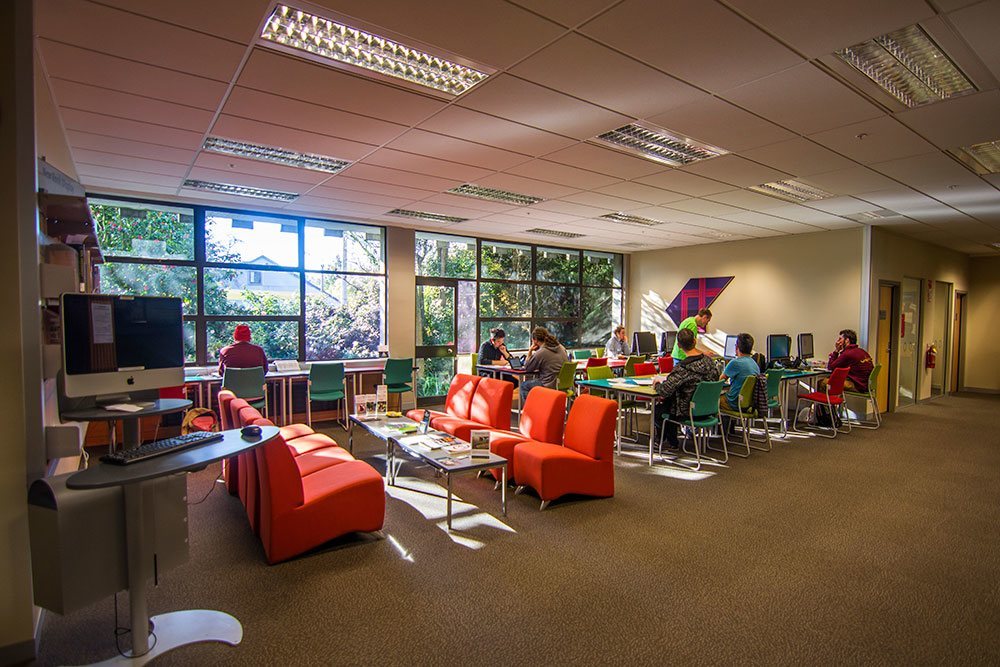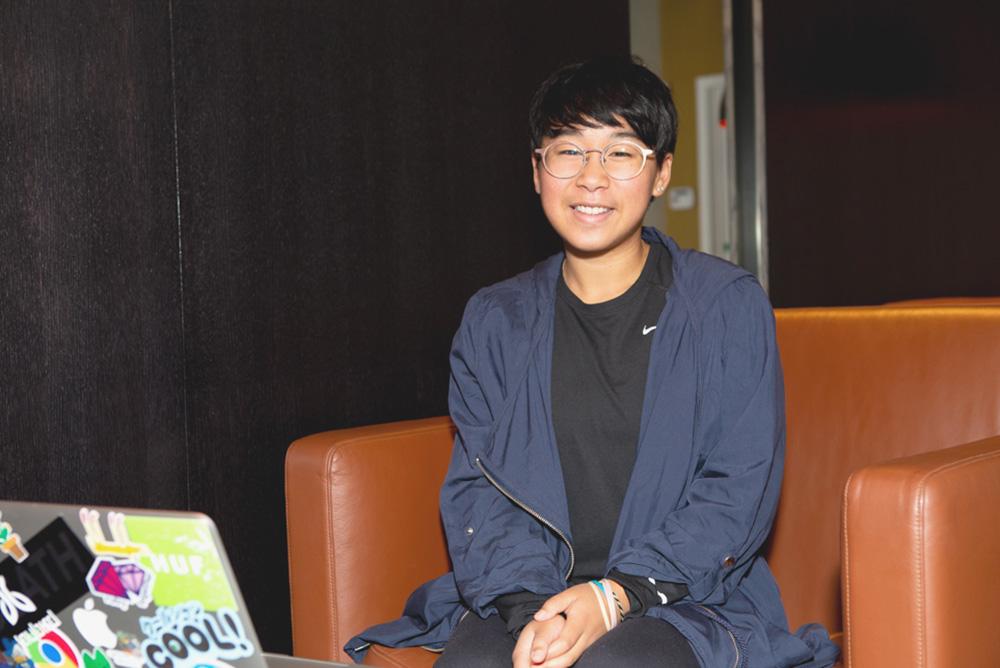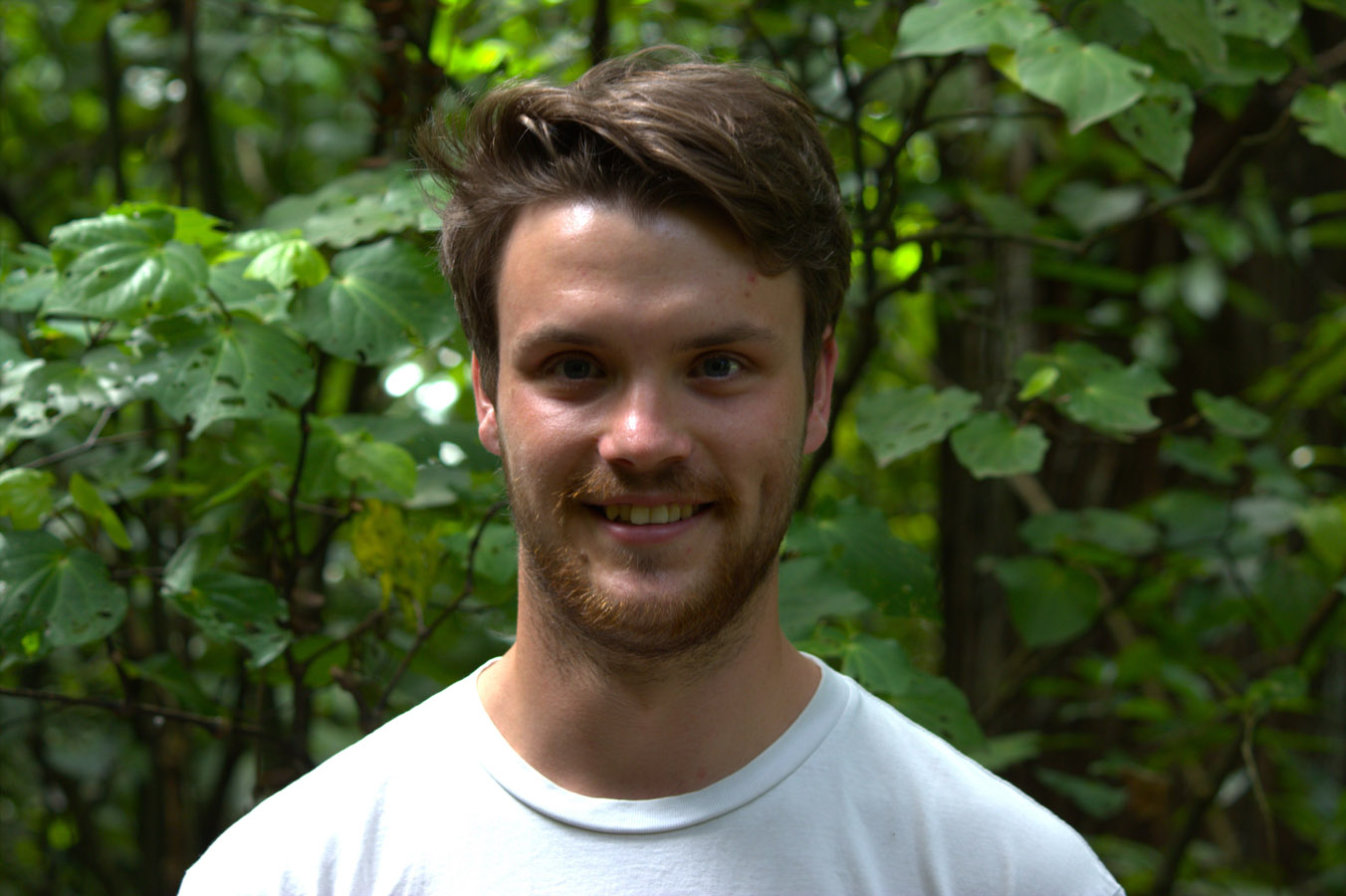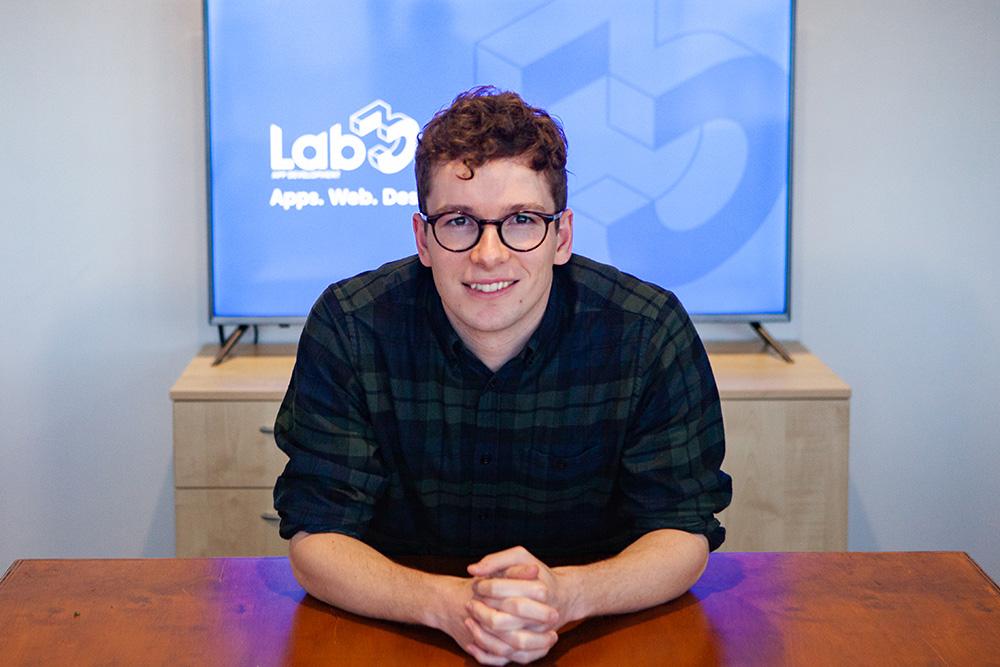Software Engineering
Introduction
Our society heavily relies on software or software-based systems, for example in transportation, telecommunications, health, and avionics.
Software systems can have a high degree of complexity, often consisting of millions of lines of code produced by large teams of software engineers or developers. We critically depend on timely and cost-effective completion of software systems, and on their reliable and efficient operation.
To meet all these goals, a disciplined approach is needed to design, create, operate and deliver software systems under real-world constraints (economical, ethical, technical, legal).








